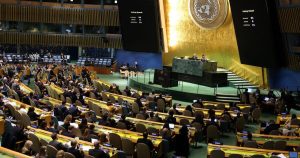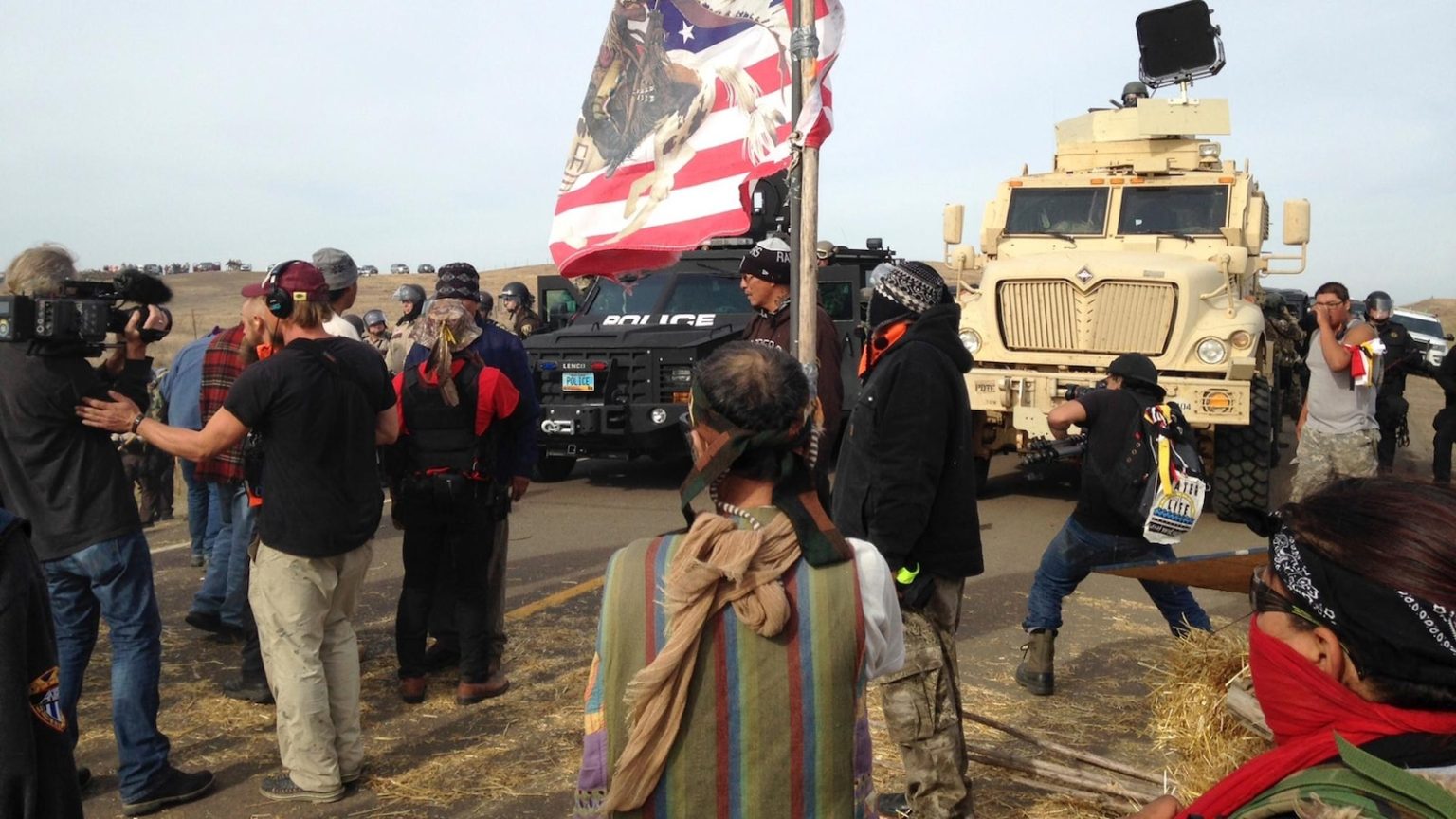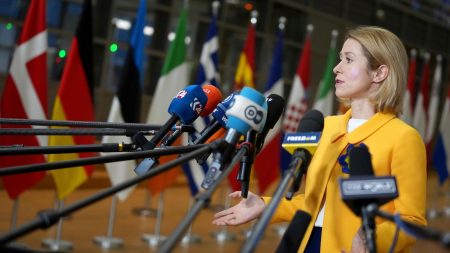A High-Stakes Lawsuit Over Free Speech and Environmental Activism
A contentious lawsuit pitting a Texas pipeline company against the global environmental advocacy group Greenpeace is set to go to trial in Mandan, North Dakota, on Monday. The case, which has drawn significant attention, centers on allegations of defamation, disruptions, and attacks during the protests against the Dakota Access Pipeline (DAPL) in 2016 and 2017. For Greenpeace, the lawsuit is not just a legal battle but a fight for the future of free speech and peaceful protest in the U.S. The trial is expected to last five weeks, with a jury deciding the outcome, and the stakes could not be higher.
The Dakota Access Pipeline Protests: A Backdrop of Controversy
The protests against the Dakota Access Pipeline were one of the most significant environmental protests in recent American history. Thousands of activists, including members of the Standing Rock Sioux Tribe, gathered to oppose the pipeline’s planned crossing of the Missouri River, which they argued threatened their water supply and sacred lands. The protests were largely peaceful but also saw incidents of trespassing, vandalism, and clashes with law enforcement, resulting in hundreds of arrests. Energy Transfer, the company behind the pipeline, and its subsidiary Dakota Access, have now turned their attention to Greenpeace, accusing the organization of orchestrating these disruptions and damaging their reputation through defamation.
Energy Transfer’s Case Against Greenpeace
Energy Transfer alleges that Greenpeace International, Greenpeace USA, and Greenpeace Fund Inc. engaged in a coordinated effort to delay the construction of the Dakota Access Pipeline, defame the company, and incite trespassing, vandalism, and violence among protesters. The lawsuit seeks millions of dollars in damages and claims that Greenpeace’s actions went far beyond lawful protest. Energy Transfer spokesperson Vicki Granado has emphasized that the case is not about stifling free speech but about holding the organization accountable for actions that allegedly broke the law. “We support the rights of all Americans to express their opinions and lawfully protest,” Granado said in a statement. “However, when it is not done in accordance with our laws, we have a legal system to deal with that.”
Greenpeace’s Defense and the Broader Implications
Greenpeace, however, sees the lawsuit as a direct attack on free speech and the right to peaceful protest. Greenpeace USA’s Interim Executive Director, Sushma Raman, has called the trial a “critical test of the future of the First Amendment under the Trump administration and beyond.” She warned that a ruling in favor of Energy Transfer could have a chilling effect on all forms of public dissent, including journalism and activism. Greenpeace International has also argued that it should not be named in the lawsuit, as it operates outside the U.S. and had no direct involvement in the protests. Legal representatives for Greenpeace have further criticized Energy Transfer for failing to provide substantial evidence to support its claims over the years since the protests took place.
The Legal and Historical Context of the Case
The Dakota Access Pipeline was completed in 2017 and has been transporting oil ever since, despite ongoing concerns from environmental groups and indigenous communities. The lawsuit against Greenpeace is not the first legal action Energy Transfer has taken in relation to the protests. In 2017, the company filed a similar case in federal court, which was dismissed in 2019. Undeterred, Energy Transfer filed the current state court lawsuit, which has now reached trial. Greenpeace, for its part, has countersued in an Amsterdam court, accusing Energy Transfer of wrongful conduct and seeking damages for what it calls a “meritless” lawsuit. The environmental group argues that Energy Transfer’s tactics are part of a broader strategy to silence critics of the oil industry.
A Trial with Far-Reaching Consequences
As the trial unfolds, the outcome could have significant implications for environmental activism and free speech in the U.S. Greenpeace has long been a prominent voice in the environmental movement, and a ruling against it could set a dangerous precedent for other advocacy groups. The organization’s Senior Legal Adviser, Deepa Padmanabha, has pointed out that Energy Transfer’s argument—that any group providing protest training should be held responsible for the actions of all participants—could have a chilling effect on peaceful assembly. “If successful, this kind of tactic could have a serious chilling effect on anyone who might consider participating in a protest,” Padmanabha said. For now, all eyes are on Mandan, North Dakota, as the jury prepares to weigh in on a case that could shape the future of dissent in America.















